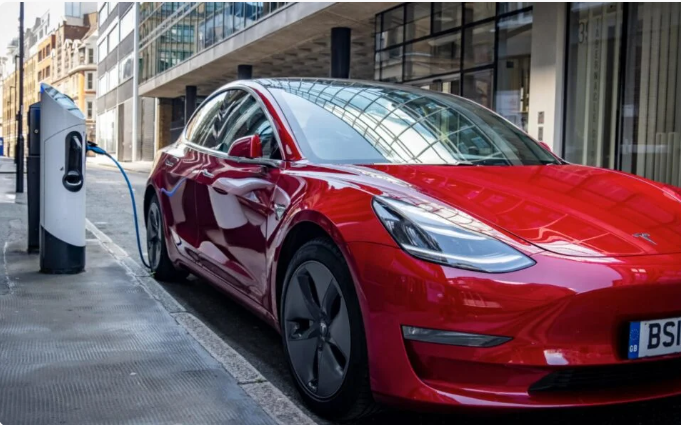South Africa is seeing a rise in the sales of electric vehicles (EVs) as more models become available and environmental awareness increases. However, the country also faces significant barriers to a wider adoption of EVs, such as high costs, limited infrastructure and unreliable electricity supply.
According to figures from the National Association of Automobile Manufacturers of South Africa (NAAMSA), 501 battery electric vehicles (BEVs) were sold in the country in the first half of 2023, compared to 502 in the whole year of 2022. This represents a 0.2% share of the total new vehicle market, which is still low compared to other countries, but shows a growing interest in EVs among South African consumers.
The most popular EV brands in South Africa are BMW, Mini, Volvo, Audi and Jaguar, which offer models ranging from R700,000 to over R3 million. These prices are out of reach for most South Africans, especially considering the high import duties and insurance premiums for EVs. However, some cheaper alternatives are expected to enter the market soon, such as the Eleksa CityBug, a local EV that will cost around R230,000.
Another challenge for EV adoption in South Africa is the lack of public charging infrastructure and the unreliable electricity grid. The country is facing its worst power cuts in history, which affect the availability and affordability of electricity for EV owners. Moreover, there are only about 300 public charging stations in the country, mostly located in urban areas. This limits the range and convenience of EVs for long-distance travel.
To address these challenges, the South African government has released a draft e-mobility policy framework in May 2023, which proposes various fiscal incentives and regulatory measures to support the development of the EV market. The policy aims to stimulate domestic demand for EVs, establish renewable energy-based charging infrastructure, and encourage local production of EVs and components.
The policy also recognises the need for an inclusive transition to e-mobility that benefits all segments of society. It suggests introducing EVs into public transport systems, such as buses and taxis, to reduce emissions and improve access to mobility for low-income households. It also proposes creating employment and skills development opportunities in the EV value chain for workers who may be affected by the decline of the internal combustion engine industry.
The transition to e-mobility in South Africa has the potential to bring significant environmental, economic and social benefits for the country. However, it also requires careful planning and coordination among various stakeholders, including government, industry, civil society and consumers. By working together, South Africa can seize the opportunities of e-mobility and ensure a just and sustainable future for its people.
Source: iAfrica



